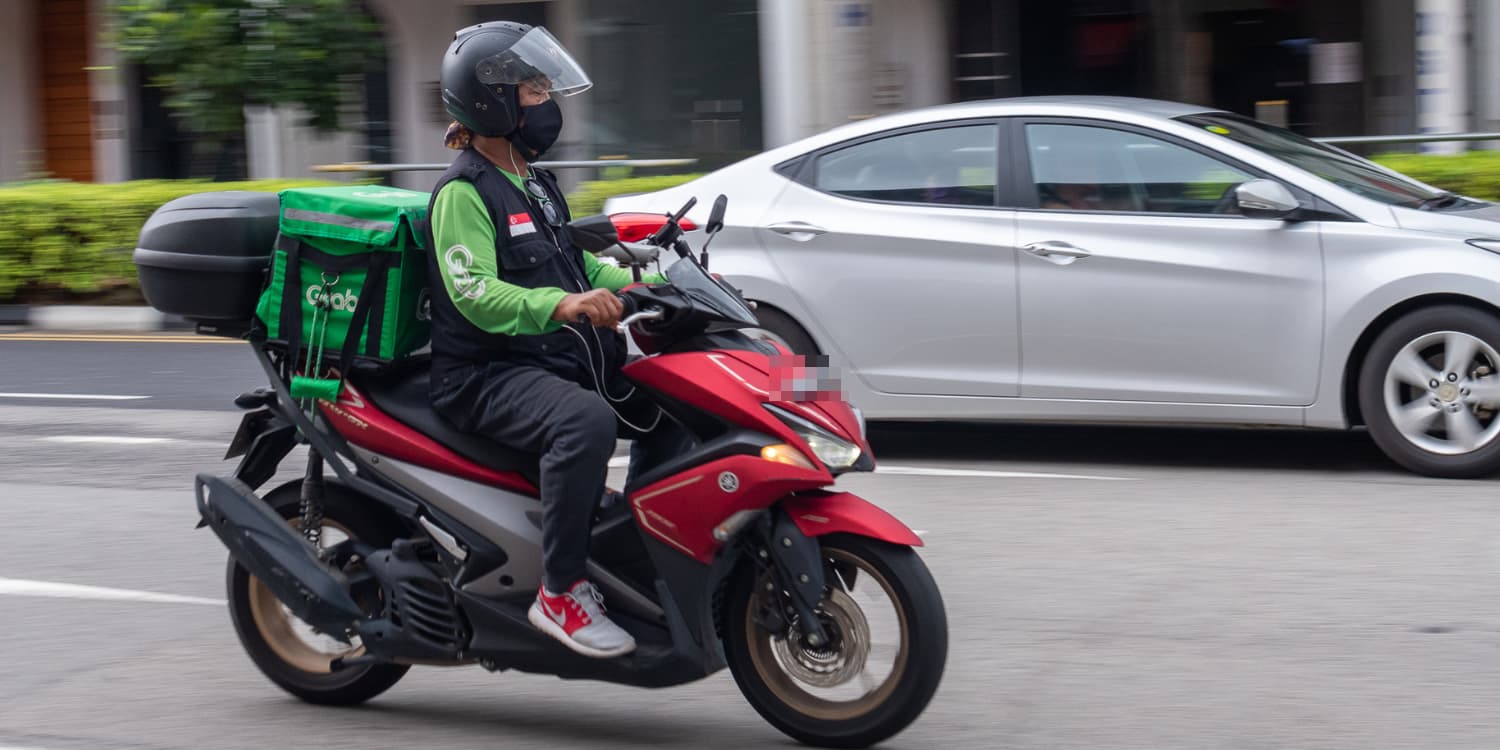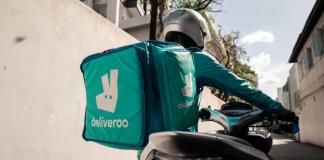Singapore Gig Workers To Receive Work Injury Compensation Based On Earnings From Sector
From late 2024, gig workers – such as food delivery riders and taxi drivers – will receive workplace injury compensation from the companies they’re working for at the time.
This was among the recommendations the Advisory Committee on Platform Workers put forth, which the Government has accepted.

In addition to work injury compensation, gig workers below 30 years old will have to contribute more to their Central Provident Fund (CPF).
Work injury compensation for gig workers among recommendations proposed by committee
In a statement on Wednesday (23 Nov), the Ministry of Manpower (MOM) said that the Government had accepted all 12 recommendations proposed by the Advisory Committee on Platform Workers.
The committee, which came into existence last September, aims to strengthen protection for platform workers across three areas:
- Ensuring adequate financial protection in the event of work injury
- Improving housing and retirement adequacy
- Enhancing representation
Of the 12 recommendations, one involves gig workers receiving workplace injury compensation from the company that they’re working for at the time of the incident.
The size of the compensation package depends on the worker’s total earnings from the “platform sector”.
This means the compensation for a food delivery rider, who sustains injuries while delivering food for Company X, will take into account his earnings from working for Company Y.
This is only if both companies are in the same sector.
Younger gig workers to make higher CPF contributions
Another key recommendation is to increase the CPF contributions of younger workers.
This will involve those below the age of 30 in the first year of the programme’s implementation.
Workers who join the sector later after the age of 30 have the chance to opt in to the full CPF contribution regime too.
While not specified in the MOM statement, Channel NewsAsia (CNA) reports that this group of workers will have to contribute to their respective CPF Ordinary and Special accounts.
Currently, gig workers only have to contribute to their CPF MediSave Account for healthcare needs.
The increase in CPF contributions will happen gradually over a period of five years. But in the event of a “major economic disruption”, the committee acknowledges that a longer timeline may be necessary.
Ultimately, they hope to align the CPF contribution rates of platform companies and workers to that of employers and employees.
According to MOM, the Government will work with platform workers and companies to implement the new recommendations in a “progressive manner” from late 2024 at the earliest.
Recognising the need for legislative changes, the ministry states that the authorities are ready to exercise flexibility and adjust the implementation timeline should the need arise.
You may read the full MOM statement here.
Have news you must share? Get in touch with us via email at news@mustsharenews.com.
Featured image adapted by MS News.








